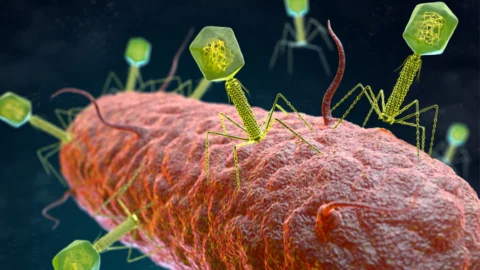May 31, 2023
Researchers publishing in the European Journal of Nutrition looked into magnesium as a possible candidate for preventing dementia, focusing on potential improvements to brain volumes and reduced white matter lesions [1]. Building from previous research Brain health is critical over the long term, and dementia can significantly reduce quality of life for older people. Dementia...
May 31, 2023
Scientists publishing in Antioxidants have reported that increasing glutathione levels with GlyNAC, a supplement that combines glycine and cysteine, significantly reverses age-related cognitive decline in naturally aged mice [1]. GlyNAC vs oxidative stress Oxidative stress caused by reactive oxygen species (ROS) is known to be one of the upstream causes of aging and contributes to...
May 30, 2023
Vitalik Buterin holding Zuzu, the puppy rescued by people of Zuzalu. Photo: Michelle Lai Don’t try finding Zuzalu on a map; it doesn’t exist anymore. It was a “pop-up city” conceived by the tech entrepreneur Vitalik Buterin, creator of Ethereum, and a group of like-minded people to facilitate co-living and collaboration in fields like crypto,...
May 29, 2023
Researchers publishing in Nature Microbiology have determined that the viruses populating the intestines of centenarians are slightly different from those of the merely old. Viruses for bacteria, not people We have written previously about a study showing that centenarians have youthful bacterial gut compositions (enterotypes) similar to those of younger people. This study looks more...
May 26, 2023
Scientists have found that continuous oxygen restriction drastically extends the lifespan of progeroid mice, but the effect's mechanism remains a mystery [1]. Can less oxygen be better? Hypoxia is a condition in which an organism or an organ in the body does not receive enough oxygen. However, how much is enough, and whether we are...
May 25, 2023
A paper published today in Nature Aging has explained a relationship between cellular senescence, cancer of the adrenal glands, and sex differences. A closer look at age-related cancer Over 90% of cancer diagnoses are made in people over a half century old [1]. This is not just because of genomic instability leading to cancerous mutations;...








